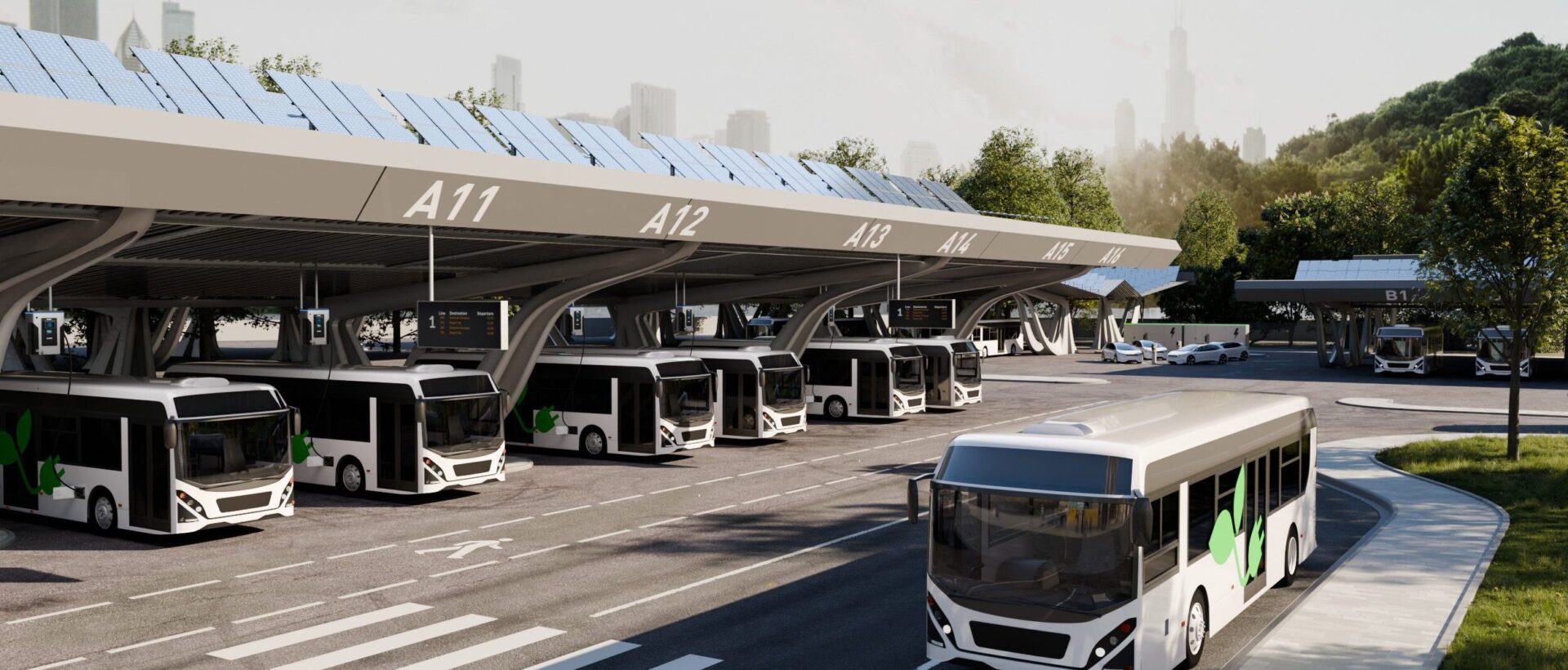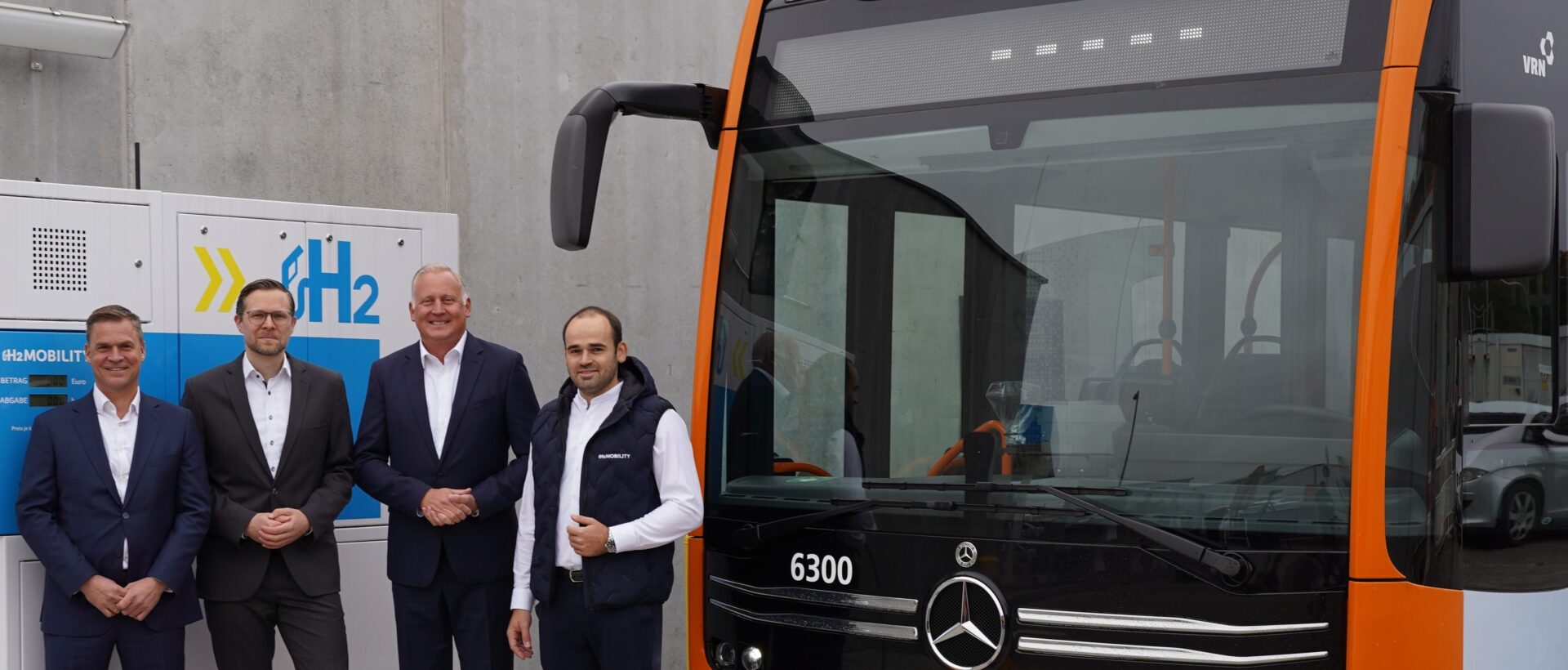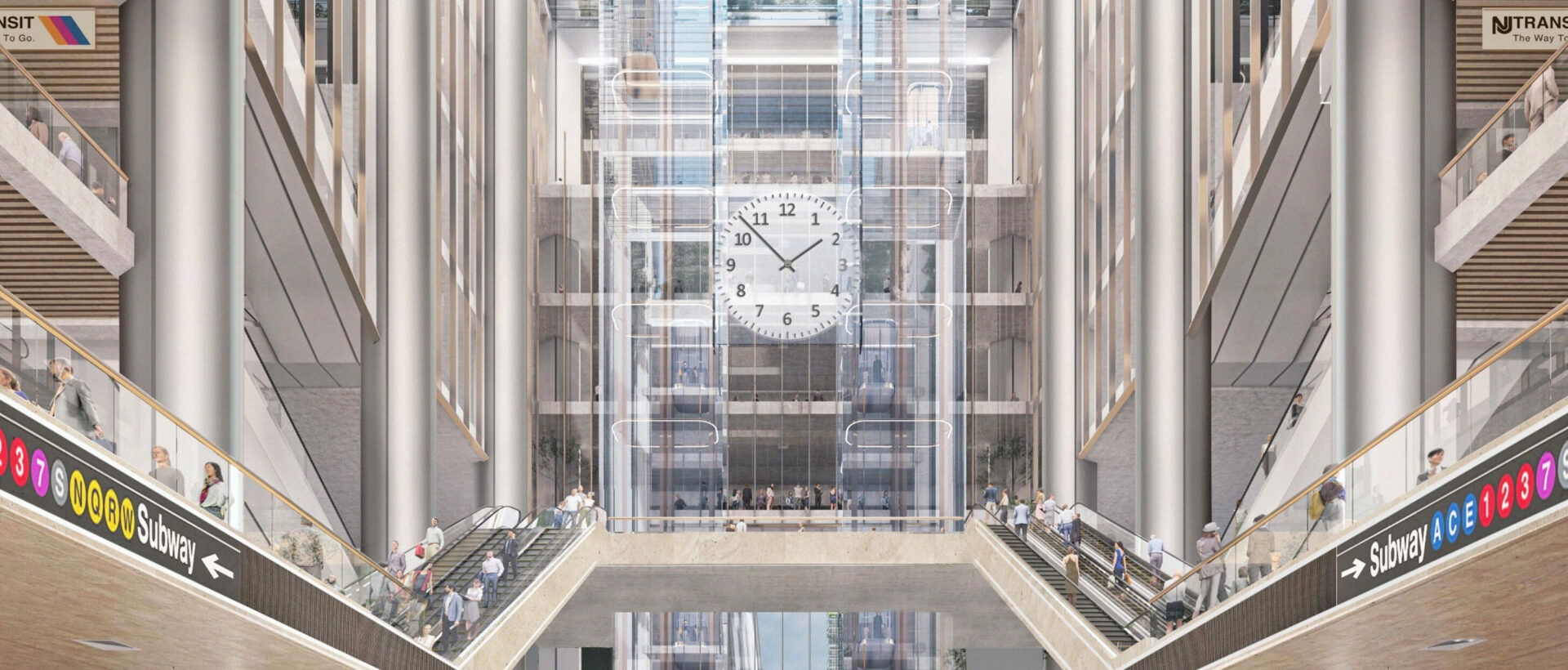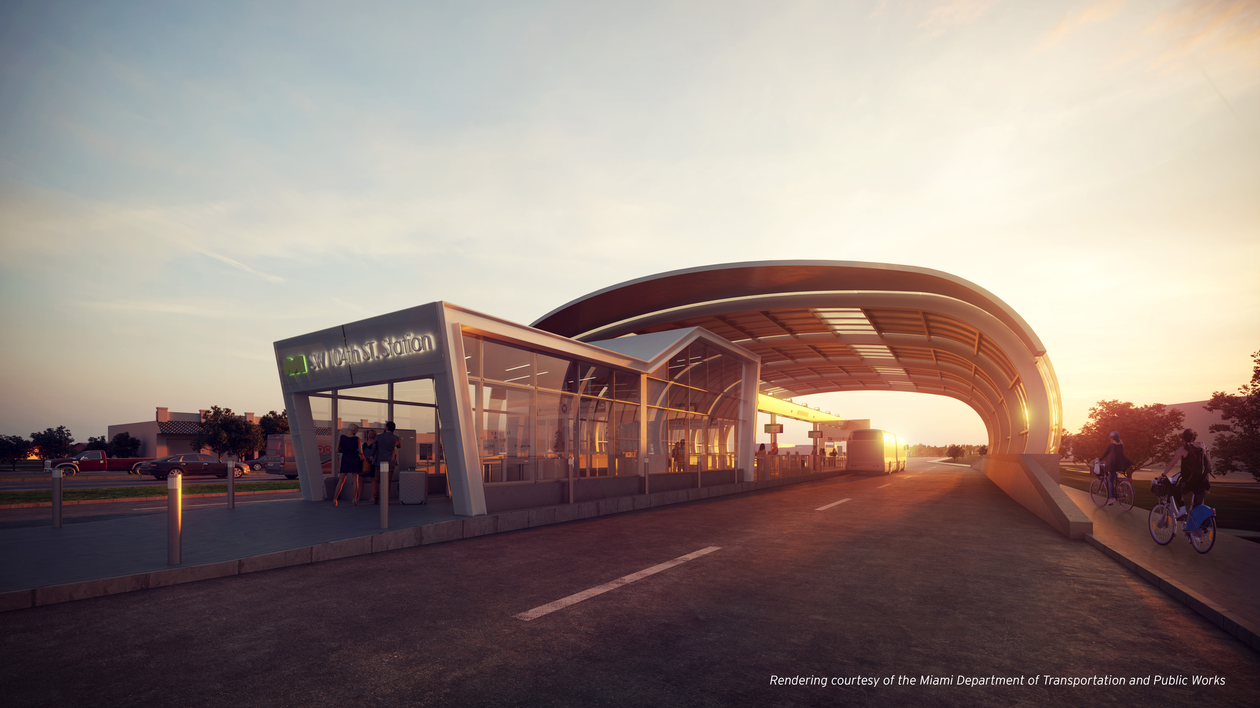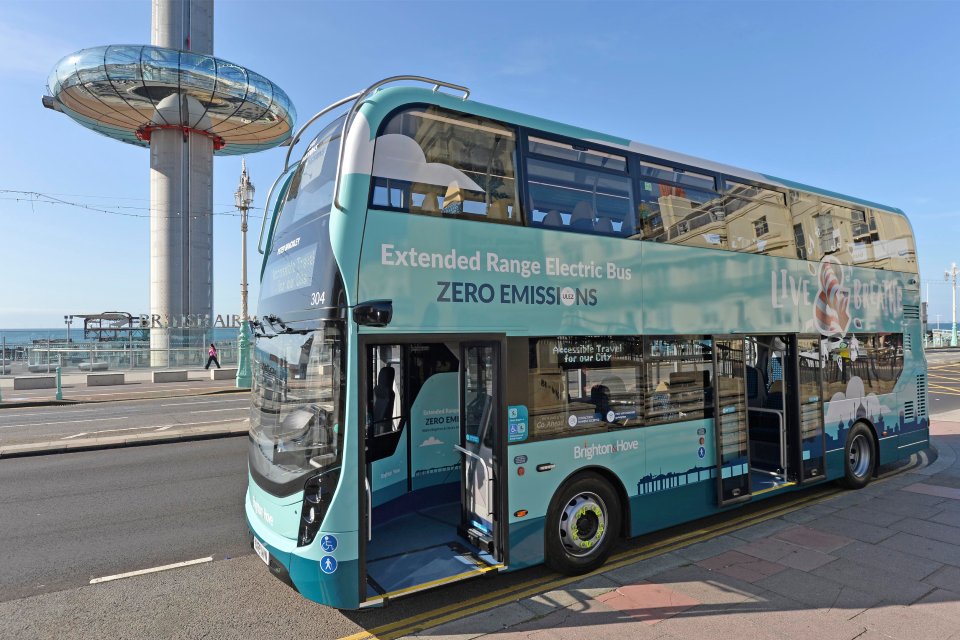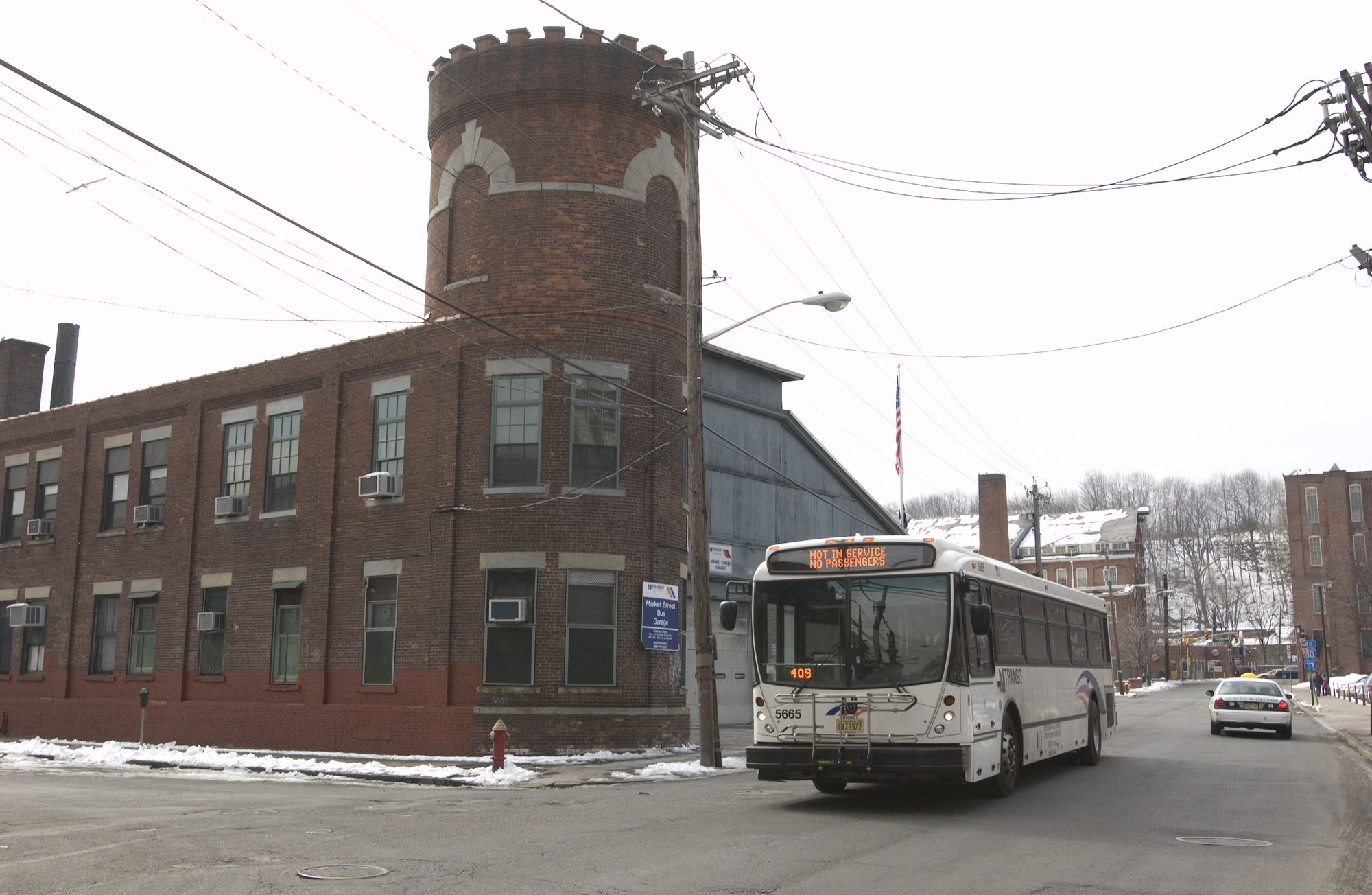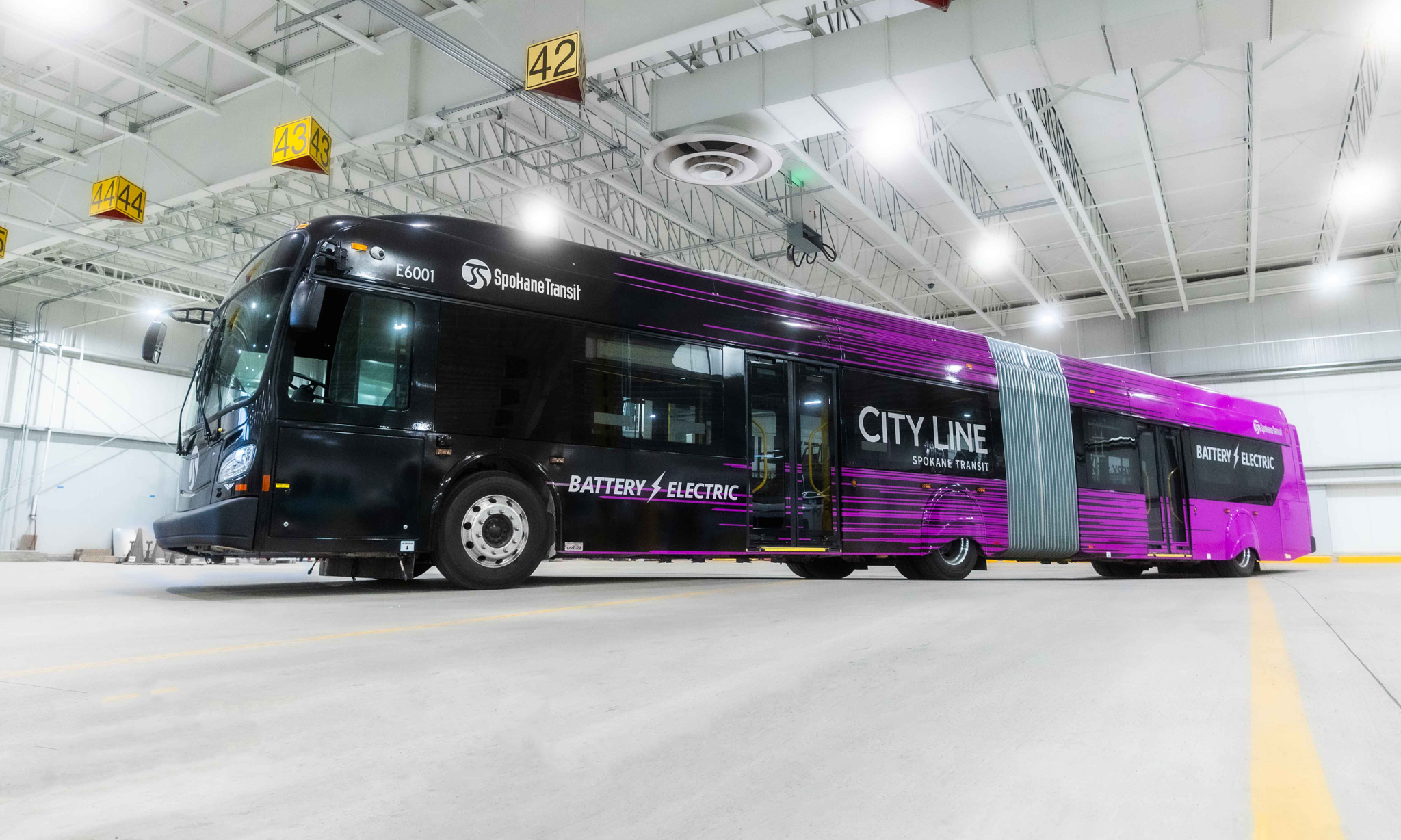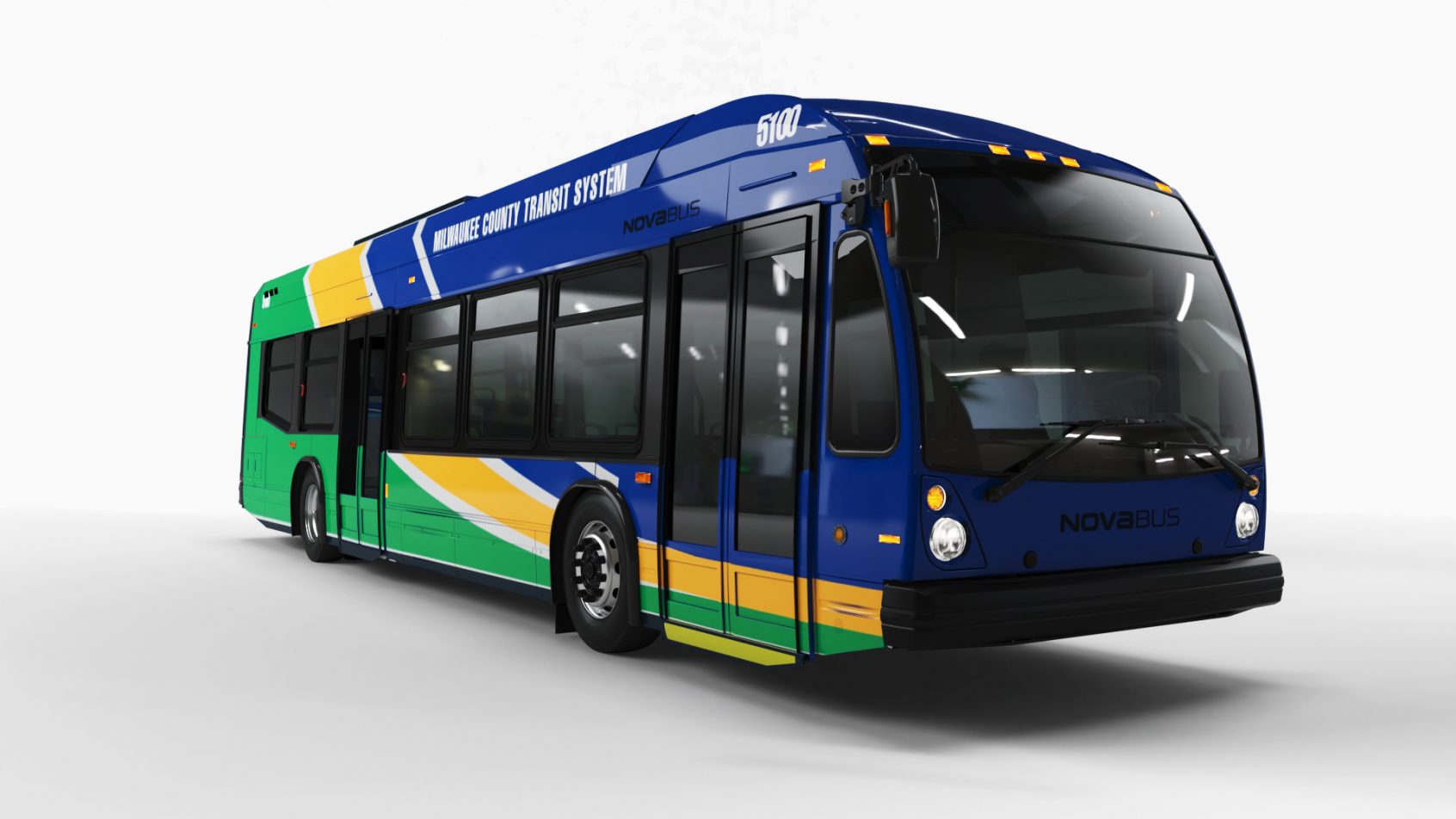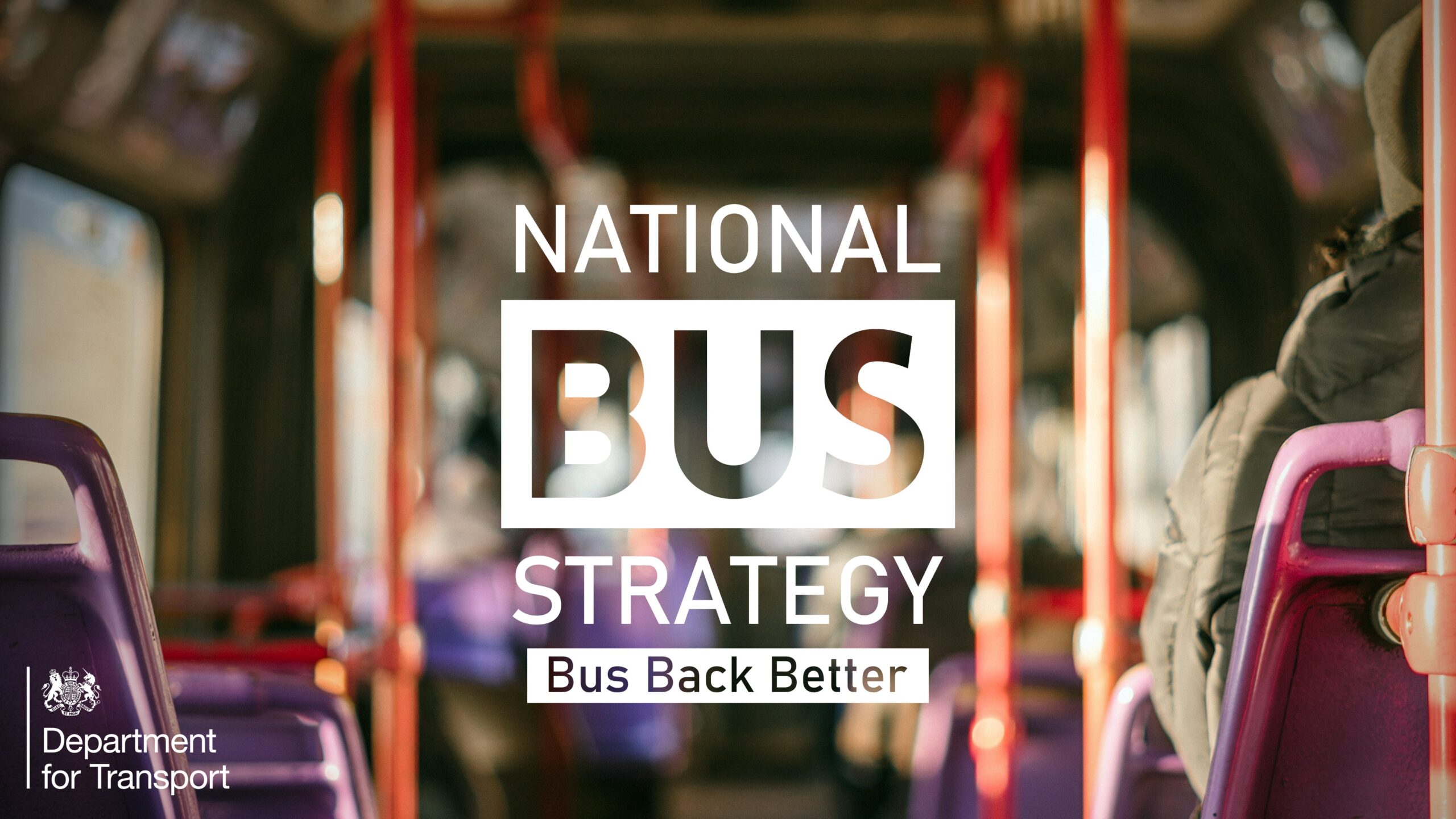U.S. Transportation Secretary Pete Buttigieg Announces $187 Million in Federal Funding Allocations for Four Bus Rapid Transit Projects
- Transit projects in California, Utah and Washington State will receive allocations under FTA’s Capital Investment Grants (CIG) Small Starts Program
The U.S. Department of Transportation’s Federal Transit Administration (FTA) today announced a total of $187 million in federal funding will be allocated to four Bus Rapid Transit (BRT) infrastructure projects in California, Utah, and Washington State. Funding is provided through FTA’s Capital Investment Grants (CIG) Small Starts Program.
U.S. Transportation Secretary, Pete Buttigieg, said:Millions of Americans rely on public transit to get to work, services, and family – and communities need support to create more public transit options. The Biden-Harris Administration is committed to modernizing and expanding our public transit systems, and that includes support for these great projects.
The four BRT projects receiving allocations are nearing completion of the statutory and regulatory requirements in order to receive a grant agreement. The projects must meet these additional requirements before a grant can be awarded.
BRT is a high-quality bus-based transit system that delivers fast and efficient service that may include dedicated lanes, busways, traffic signal priority, off-board fare collection, elevated platforms and enhanced stations. Because BRT contains features similar to a light rail or subway system, it is often considered more reliable, convenient and faster than regular bus services. With the right combination of features, BRT systems can help passengers avoid the delays that can slow regular bus services, like being stuck in traffic and queuing to pay on board.
FTA Acting Administrator, Nuria Fernandez, said:The local communities will greatly benefit from improved access and mobility to transit service, helping people reach vaccination sites, jobs, schools and other important destinations.
The CIG Program provides funding for major transit infrastructure capital investments nationwide. Projects accepted into the program must go through a multi-year, multi-step process according to requirements in law to be eligible for consideration to receive program funds.
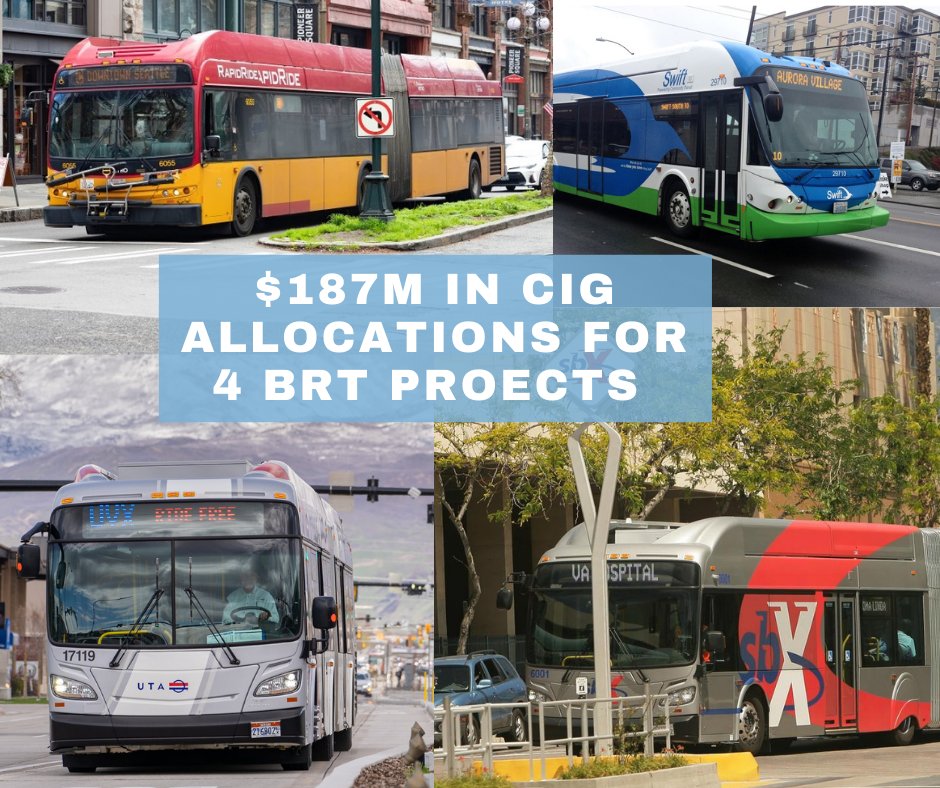
San Bernardino, CA: West Valley Connector
San Bernardino County Transportation Authority will receive an $86.75 million allocation for the West Valley Connector BRT project. The 19-mile zero-emission BRT line will connect Pomona to Rancho Cucamonga and will operate as part of Omnitrans’ sbX BRT service. The project includes the purchase of 40-foot, zero-emission buses, and construction of 21 new bus stations. The BRT will improve transit connections to Ontario International Airport (ONT), two Metrolink lines (San Bernardino and Riverside) and multiple major activity centers along Route 61 including Ontario Mills and Victoria Gardens.
Ogden, UT: Ogden/Weber State University
Utah Transit Authority will receive a $3.2 million allocation for the Ogden/Weber State University BRT Project. The 5.3-mile BRT will run electric buses from the Ogden FrontRunner Station, through downtown, along dedicated bus lanes in the center of the road on Harrison Boulevard and through the Weber State University campus, and to McKay-Dee Hospital. The project will benefit the community by reducing vehicle trips, supporting the economy and providing more transportation options.
Everett, Washington: Swift Orange Line
Community Transit will receive a $37 million allocation for the Swift Orange Line BRT project, an 11.3-mile BRT corridor with 13 stations between Edmonds Community College in Lynnwood and the McCollum Park and Ride in Mill Creek. The project connects with two other Swift BRT lines, as well as Sound Transit’s Lynnwood Link Extension light rail project. Swift Orange Line service will improve connectivity in the region, better meet the needs of riders, and is scheduled to begin operating by March 2024.
Seattle, Washington: Madison Street
The City of Seattle Department of Transportation will receive a $59.9 million allocation for the Madison Street BRT project, a 2.3-mile east-west BRT line operating diesel-electric buses along Madison Street spanning from downtown Seattle in the west to the Madison Valley neighborhood in the east, with connections in First Hill, Capitol Hill, and the Central Area. It will connect people to hospitals, schools, businesses, and other destinations as well as to dozens of bus routes, the First Hill Streetcar, and ferry service at the Colman Dock Ferry Terminal.
This article was originally published by the Federal Transit Administration.


